 The Use of Virtual Reality in Occupational Therapy for Neurorehabilitation
The Use of Virtual Reality in Occupational Therapy for Neurorehabilitation By Kristin Domville PhD, DrOT, MOTR/L
Introduction
Virtual Reality (VR) is an artificial environment that is experienced through sensory stimuli, such as sights and sounds, provided by a computer, in which one's actions partially determine what happens in the environment (Atria University, 2023; Georgiev et al., 2021; Riva, 2022). There are three types of VR: non-immersive, semi-immersive, and fully immersive.
Types of Virtual Reality
- Non-Immersive Virtual Reality: A type of VR in which one interacts and controls the environment, but the environment does not interact with the user, such as computers and video games (Naro & Calabro, 2021; Stanica et al., 2020).
- Semi-Immersive Virtual Reality: Commonly used for educational and training purposes. It uses high-resolution simulators to impart realism and allow the environment to interact with the user by providing feedback (Atria University, 2023; Naro & Calabro, 2021; Stanica et al., 2020).
- Fully Immersive Virtual Reality: Refers to a complete virtual tour experience engaging all sensory systems and entirely confined away from the physical surroundings. This type of VR is mainly used for gaming, using special equipment such as VR glasses, body detectors, and sensor detectors (Atria University, 2023; Naro & Calabro, 2021).
Virtual Reality Systems in Occupational Therapy
There are numerous virtual reality systems available in the market that occupational therapists can include in their interventions, some more cost-effective and accessible than others.
- Gaming Consoles: A commonly known and readily accessible form of semi-immersive VR, such as Wii, Xbox, and Nintendo Switch. They can be found locally and installed quickly in any facility or home with a television.
- FitMi and Music Glove: Used for upper body rehabilitation. FitMi consists of two-colored pucks and a tablet, while Music Glove involves a glove connected to the tablet, promoting finger dexterity through repetition and precision (FitMi, n.d.; Sanders et al., 2022).
- SaeboVR and SaeboMas: SaeboVR improves ADL participation using cognitive and physical challenges through a television screen and sensor. SaeboMas, a gravity-eliminating system, can be used alongside SaeboVR if the user has limited ROM or flaccidity (Hoffman, 2022).
Role of Occupational Therapists in Neurorehabilitation
The role of occupational therapy practitioners within neurorehabilitation is to promote health and well-being by maximizing function and independence in daily living activities and meaningful occupations (University of Michigan Health, n.d).
Benefits of Virtual Reality in Neurorehabilitation
- Motor Learning: VR promotes faster motor learning by allowing clients to participate in high-dose functional upper extremity movements, producing around 200-300 repetitions compared to conventional therapy’s 20-30 repetitions (Kiper et al., 2018).
- Gamification: VR can be tailored to meaningful activities such as sports, hobbies, and daily activities, reducing potential safety hazards and increasing motivation and participation (Urrely & Martoral, 2023).
- Assessment Improvements: VR interventions improve scores on standardized assessments and increase AROM and gray matter in the brain (Georgiev et al., 2021).
Cognitive Rehabilitation with Virtual Reality
VR has shown success in assessing attention, memory, logical sequencing, and problem-solving skills. Studies indicate high acceptance rates and improvements in learning outcomes, behavior, recall, and social reintegration, attributed to changes in neuroplasticity (Georgiev et al., 2021).
Virtual Reality for Safety Training
VR is beneficial for safety training, allowing patients at high risk of injury to practice safe decision-making without facing consequences (Chatterjee et al., 2022; Georgiev et al., 2021).
Supporting Home Modifications with VR
A scoping review by Hwan and Shim (2021) describes how VR can support the home modification process, allowing OTPs to access patients' homes virtually, suggest modifications, and recreate environments for interventions (Hwan & Shim, 2021).
Conclusion
Using VR as a form of intervention for neurological patients allows occupational therapists to provide holistic, portable, and accessible treatment, especially for stroke and brain injury patients. VR can facilitate improvement in cognitive and physical abilities, enhancing UE/LE range of motion, cognition, balance, postural control, and occupational engagement, supporting overall health and wellness for improved quality of life.
Chatterjee, K., Buchanan, A., Cottrell, K., Hughes, S., Day, T. W., & John, N. W. (2022).
Immersive virtual Reality for the cognitive rehabilitation of stroke survivors. IEEE Transactions on Neural Systems and Rehabilitation Engineering, 30, 719–728. https://doi.org/10.1109/tnsre.2022.3158731
Chen, X., Liu, F., Lin, S., Yu, L., & Lin, R. (2022). Effects of virtual reality rehabilitation
training on cognitive function and activities of daily living of patients with Poststroke Cognitive Impairment: A systematic review and meta-analysis. Archives of Physical Medicine and Rehabilitation, 103(7), 1422–1435. https://doi.org/10.1016/j.apmr.2022.03.012
FitMi: The High-Tech Home Exercise Program. Flint Rehab. (n.d.).https://www.flintrehab.com/product/fitmi/
Georgiev, D. D., Georgieva, I., Gong, Z., Nanjappan, V., & Georgiev, G. V. (2021). Virtual
Glegg, S. M., & Levac, D. E. (2018). Barriers, facilitators and interventions to support virtual
Hoffman, H. (2022, September 13). Benefits of virtual Reality for stroke rehabilitation. Saebo.
Hwang, N. K., & Shim, S. H. (2021). Use of Virtual Reality Technology to Support the Home
Modification Process: A Scoping Review. International Journal of Environmental Research and Public Health, 18(21), 11096. https://doi.org/10.3390/ijerph182111096
Kiper, P., Szczudlik, A., Agostini, M., Opara, J., Nowobilski, R., Ventura, L., Tonin, P., &
Turolla, A. (2018). Virtual Reality for upper limb rehabilitation in subacute and chronic stroke: A randomized controlled trial. Archives of Physical Medicine and Rehabilitation, 99(5). https://doi.org/10.1016/j.apmr.2018.01.023
Naro, A., & Calabrò, R. S. (2021). What Do We Know about The Use of Virtual Reality in the
Riva, G. (2022). Virtual Reality. In: Glăveanu, V.P. (eds) The Palgrave Encyclopedia of the
Possible. Palgrave Macmillan, Cham. https://doi.org/10.1007/978-3-030-90913-0_34
Voinescu, A., Sui, J., & Stanton Fraser, D. (2021). Virtual Reality in Neurorehabilitation: An
Sanders, Q., Chan, V., Augsburger, R. Cramer, S.C., Reinkensemeyer, D. J. & Sharp, K.
Schiza, E., Matsangidou, M., Neokleous, K., & Pattichis, C. S. (2019). Virtual reality
applications for neurological disease: A Review. Frontiers in Robotics and AI, 6. https://doi.org/10.3389/frobt.2019.00100
Shin, J.-H., Kim, M.-Y., Lee, J.-Y., Jeon, Y.-J., Kim, S., Lee, S., Seo, B., & Choi, Y. (2016).
Effects of virtual reality-based rehabilitation on distal upper extremity function and health-related quality of life: A single-blinded, randomized controlled trial. Journal of NeuroEngineering and Rehabilitation, 13(1). https://doi.org/10.1186/s12984-016-0125-x
Stanica, I. -C., Moldoveanu, F., Portelli, G. -P., Dascalu, M. -I., Moldoveanu, A., & Ristea, M.
G. (2020). Flexible Virtual Reality System for Neurorehabilitation and Quality of Life Improvement. Sensors, 20(21), 6045. https://doi.org/10.3390/s20216045
University of Michigan Health. (n.d.). Occupational therapy in rehabilitation medicine.
Occupational Therapy in Rehabilitation Medicine | Michigan Medicine. https://www.uofmhealth.org/conditions-treatments/rehabilitation/occupational-therapy-rehab#:~:text=Occupational%20therapists%20and%20occupational%20therapy,cognition%2C%20community%20reintegration%20or%20mobility.
Urrely, J. E., & Martoral, C. (2023, January 28). Virtual Reality in occupational therapy. FOTA.
https://www.flota.org/index.php?option=com_dailyplanetblog&view=entry&year=2022&month=01&day=27&id=65%3Avirtual-reality-in-occupational-therapy
Xiang, H., Shen, J., Wheeler, K. K., Patterson, J., Lever, K., Armstrong, M., Shi, J., Thakkar, R.
K., Groner, J. I., Noffsinger, D., Giles, S. A., & Fabia, R. B. (2021). Efficacy of smartphone active and passive virtual reality distraction vs standard care on burn pain among pediatric patients. JAMA Network Open, 4(6). https://doi.org/10.1001/jamanetworkopen.2021.12082
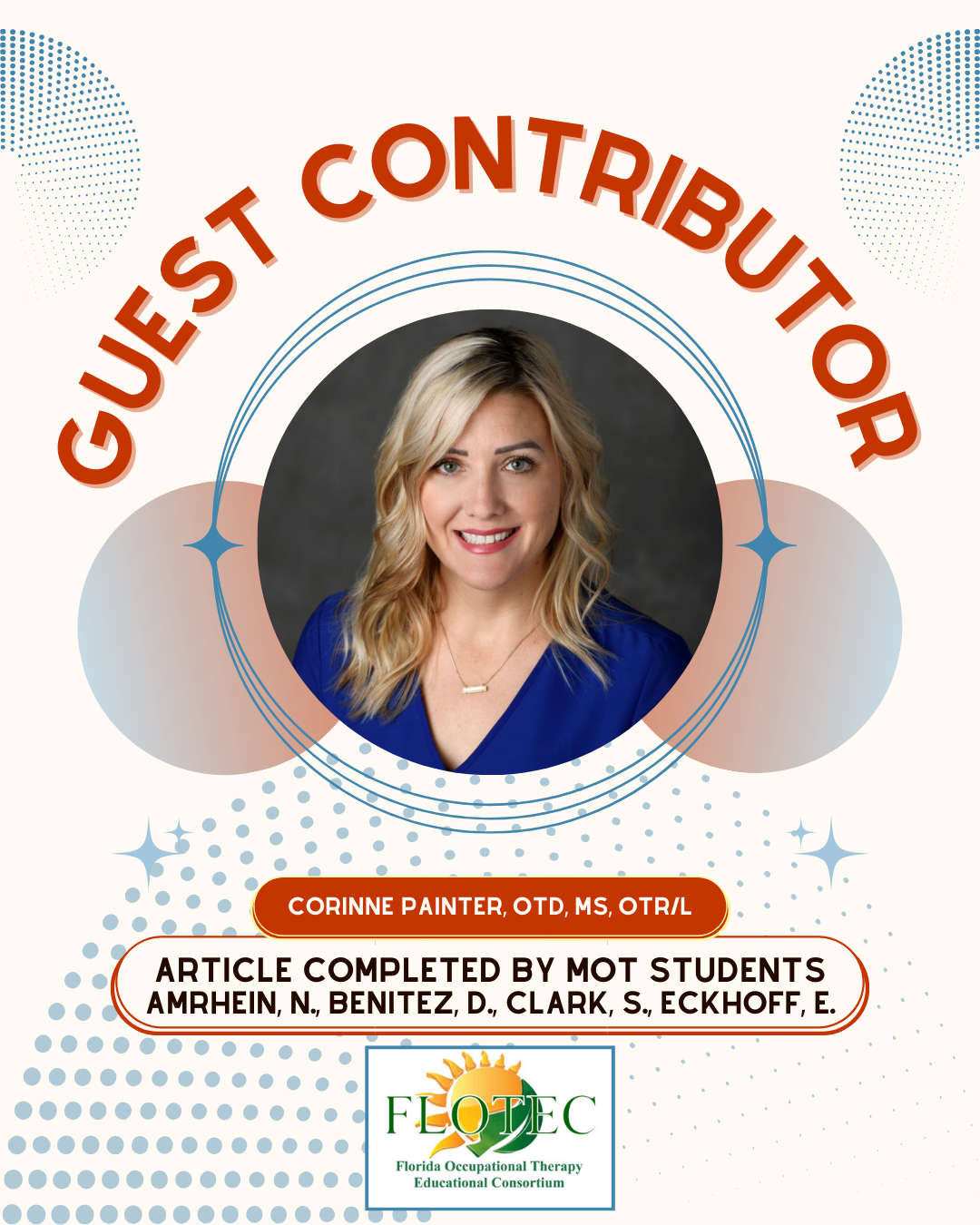 Bridging the Gap: Promoting Clinical Fieldwork Educator Competency in Occupational Therapy Practice
Bridging the Gap: Promoting Clinical Fieldwork Educator Competency in Occupational Therapy Practice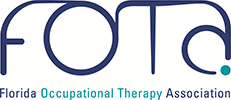
 Leadership Role in Preventing Burnout
Leadership Role in Preventing Burnout Sacred Pause: The Power of Rest, Ritual, and Reflection for OTs
Sacred Pause: The Power of Rest, Ritual, and Reflection for OTs Passing the Baton of SIS Leadership of the FOTA Practice Standing Committee
Passing the Baton of SIS Leadership of the FOTA Practice Standing Committee Occupational Therapy Practitioner’s Evolving Contributions to the Modern Workforce
Occupational Therapy Practitioner’s Evolving Contributions to the Modern Workforce  Occupational Disruption: An Undeniable Reality for Occupational Beings, Part II
Occupational Disruption: An Undeniable Reality for Occupational Beings, Part II Rooted in Regulation: The Role of Sensory Gardens in Pediatric Occupational Therapy
Rooted in Regulation: The Role of Sensory Gardens in Pediatric Occupational Therapy


 The Impact of Educational Escape Rooms on Occupational Therapy Students
The Impact of Educational Escape Rooms on Occupational Therapy Students



 Psychosocial Factors in Fieldwork: Upcoming Changes and the Biopsychosocial Model
Psychosocial Factors in Fieldwork: Upcoming Changes and the Biopsychosocial Model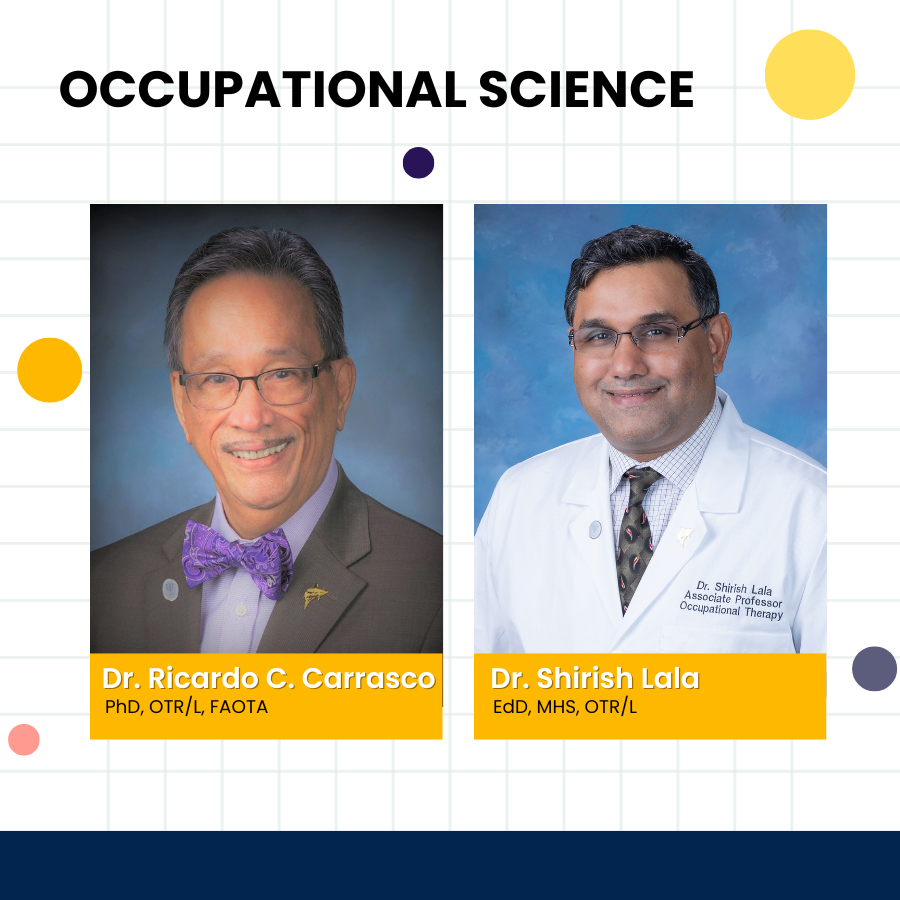
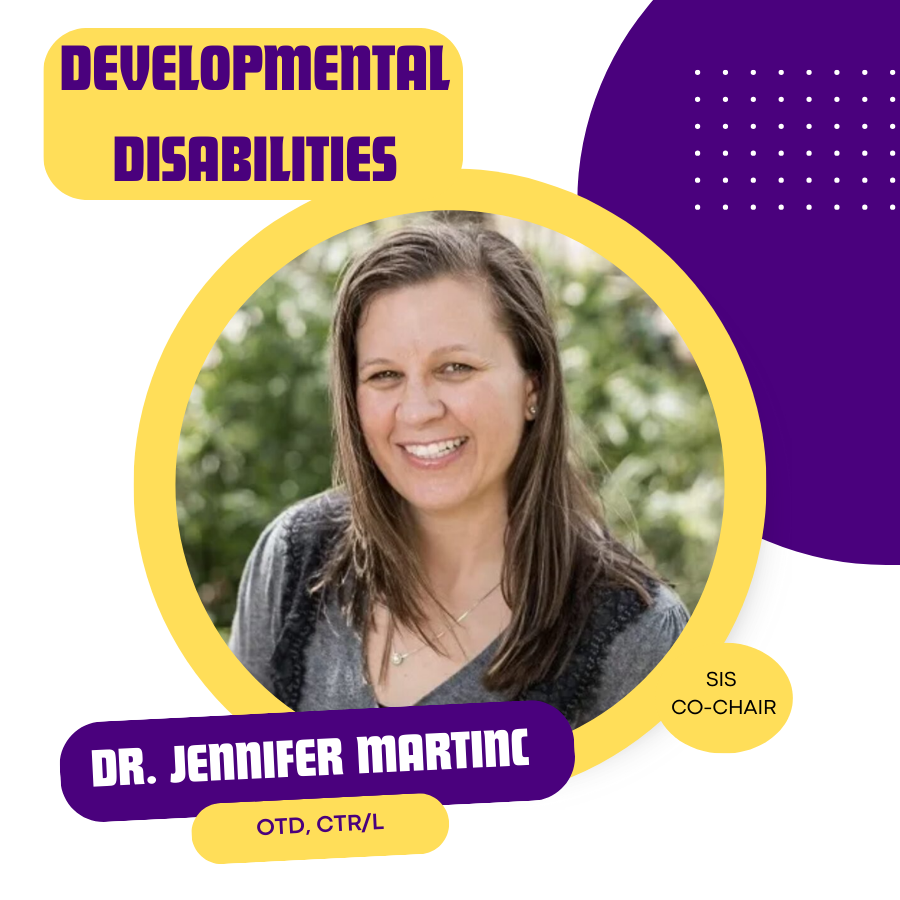
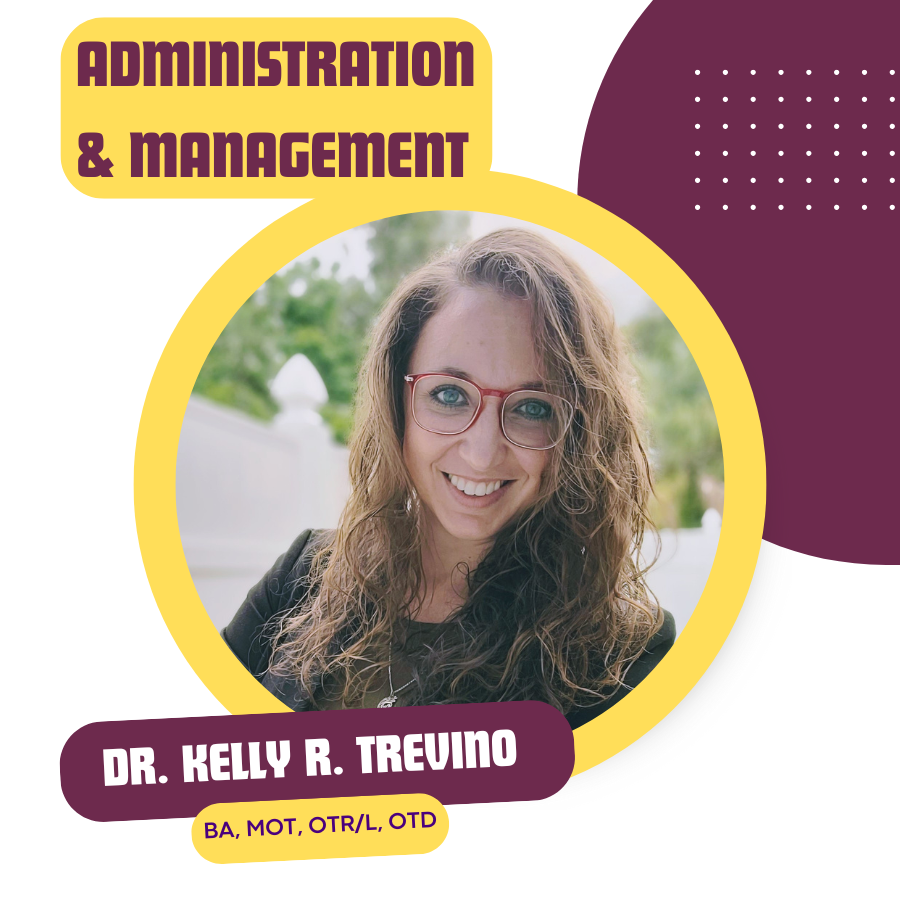
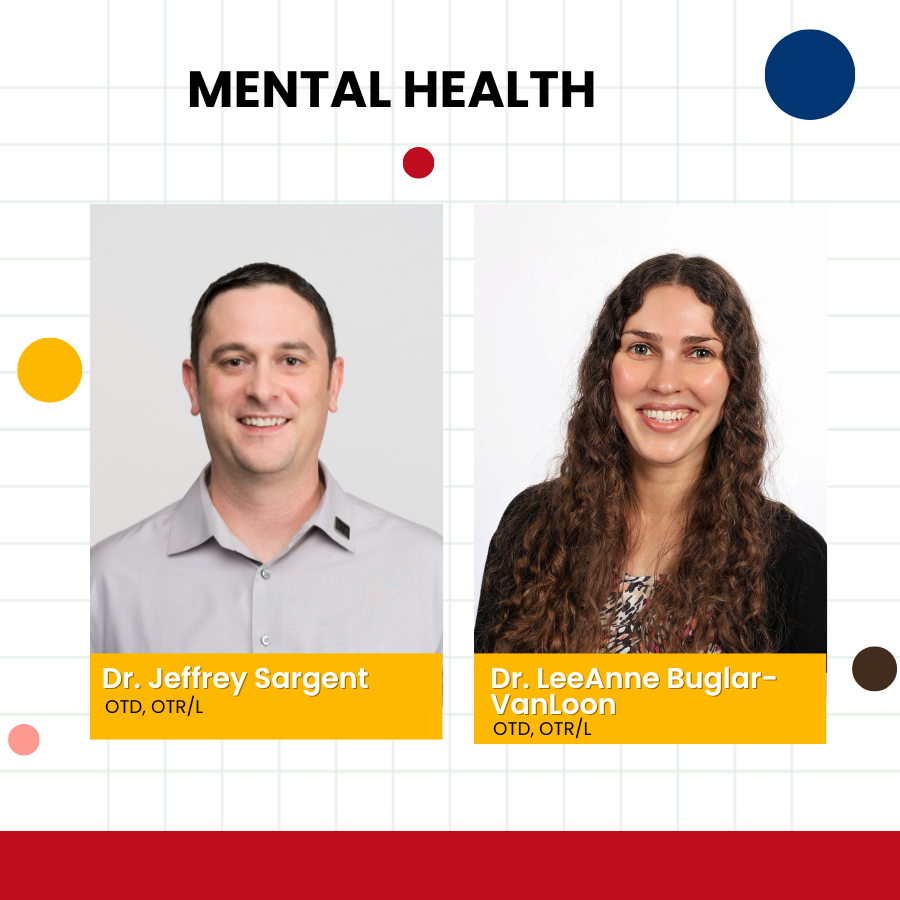 Breaking Down Barriers in the Community-Based System of Care A Call to Action
Breaking Down Barriers in the Community-Based System of Care A Call to Action